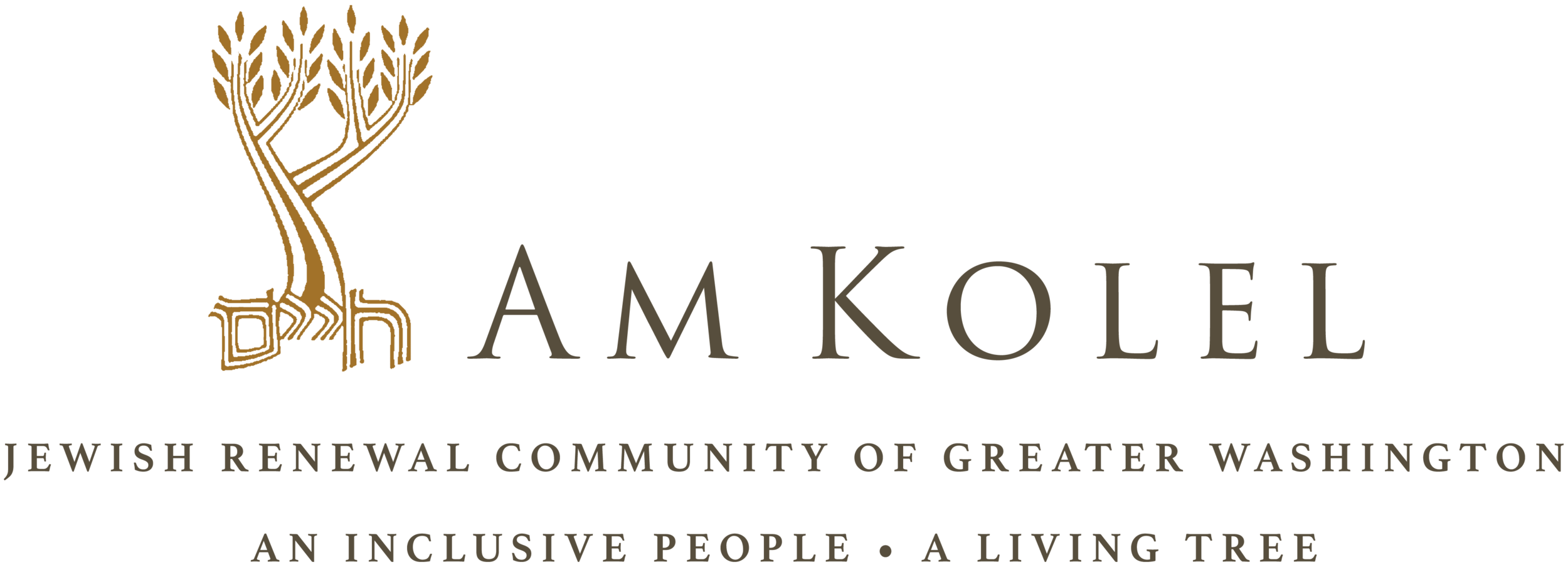These weeks between Pesach and Shavuot are filled with special opportunities for learning
These weeks between Pesach and Shavuot are filled with special opportunities for learning. Our weekly Parshiot, Torah readings, focus on the ways we become a more conscious and sacred community. This week’s Parsha, Shmini, focuses on the dietary practices of the community of Israel. While not specifically using the word Kashrut, these teachings become part of the foundation of Kashrut.
Great detail is spent on what animals we eat and don’t eat. But nowhere does it say why animals with cloven hooves that chew their cud are permitted and animals like camels and pigs, that don’t have cloven hooves, and might also not chew their cud are not permissible. Concerning fowl, the Torah is very specific about the many birds that we are not permitted to eat such as eagles, hawks, vultures and some 15 others. But no reason why. Concerning aquatic life, it’s ok to eat fish with scales and fins. It’s not ok to consume water creatures without fins and scales. But it doesn’t say why.
The essence of the dietary laws, ultimately, is about the consciousness that we have about the animals we eat, how they live, and how they die. Recalling that the original diet was a vegetation/fruitarian diet(Genesis 1), we can appreciate how our ancestors, while not being vegetarians, felt it important to have a collective dietary understanding.
During these weeks, as we count the days of the Omer and move closer to Sinai and the giving of the Torah, it has been a centuries old tradition to read from the Ethics of the Sages, a short and delightful book from the Mishna. Many are familiar with its wisdom teachings. Here are a couple of quotes from Chapter 1.
Abtalion used to say: Sages be careful with your words, lest you incur the penalty of exile, and be carried off to a place of evil waters, and the disciples who follow you drink and die, and thus the name of heaven becomes profaned.
He [also] used to say: one who makes his name great causes his name to be destroyed; one who does not add [to his knowledge] causes [it] to cease; one who does not study [the Torah] deserves death; one who makes unworthy use of the crown [of learning] shall pass away.
Hillel [also] used to say: If I am not for myself, who is for me? But if I am for my own self [only], what am I? And if not now, when?
Shammai used to say: make your [study of the] Torah a fixed practice; speak little, but do much; and receive all men with a pleasant countenance.
This week is the second week of the Omer. In the Musar and Kabbalistic traditions the quality that is contemplated this week is Gevurah, the attribute of discipline, strength and setting boundaries. It is the opposite of the attribute of Chesed, loving kindness, the core quality identified with the week of Pesach and the first week of Sephira, the Counting. Later this weekend we move into Tifereth, the emanation of Beauty, the heart chakra, that integrates the right amount of Chesed with the right amount of Gevurah.
May we find that sweet balance of the two in our lives.
B’Shalom,
Reb David
